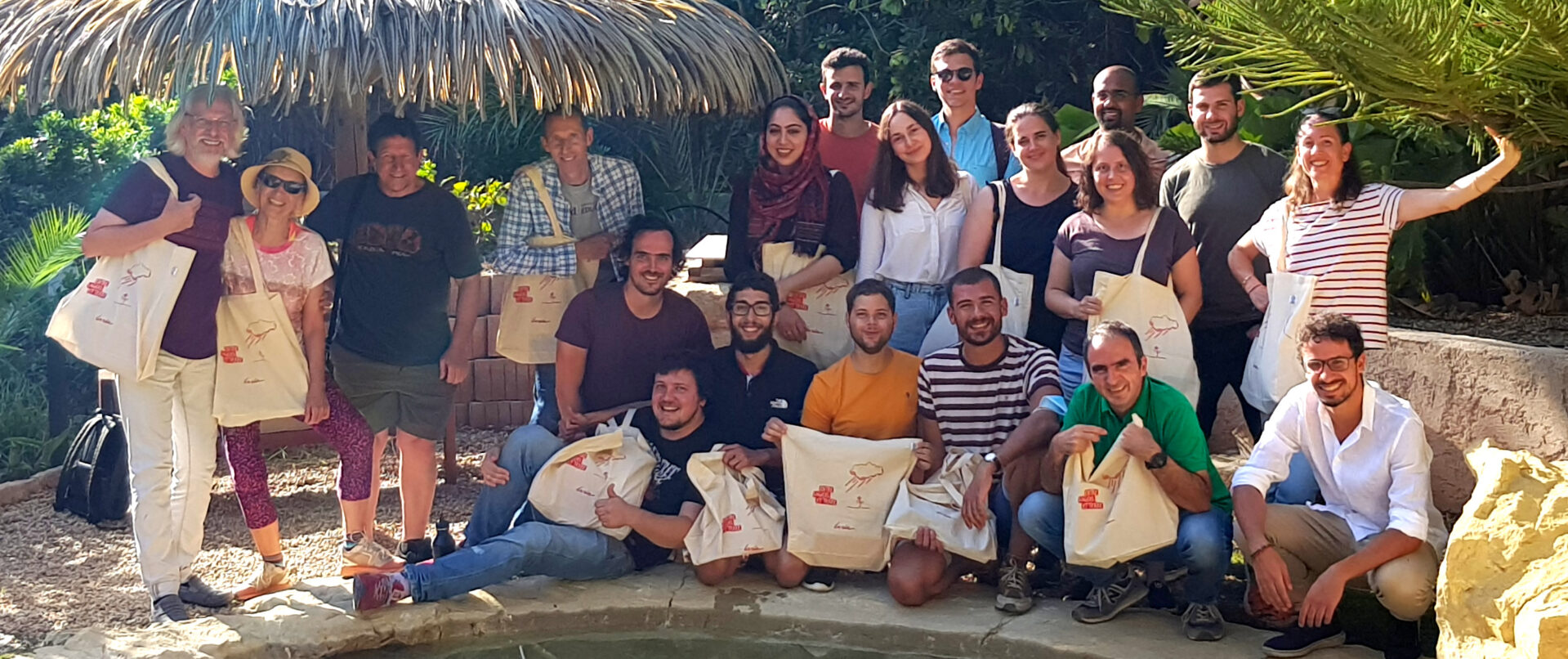NEO is a team of Inria’s research center of Sophia Antipolis-Méditerranée. It has been created in January 2017 and follows Inria’s project-team MAESTRO. NEO’s members are located in Sophia Antipolis (S. Alouf, K. Avrachenkov, P. Nain, G. Neglia, S. M. Perlaza), at LIA (Lab. of Informatics of Avignon) in Avignon (E. Altman) and at Inria’s branch at Univ. Montpellier in Montpellier (A. Jean-Marie). Some PhD candidates are located at our industrial collaborators offices in Paris, or at foreign institutions (Univ. of Sheffield).
Context and overall goals
NEO is positioned at the intersection of Operations Research and Network Science. By leveraging tools from Stochastic Operations Research, we model scenarios arising from various application domains that involve networks in one way or another. The objective is to understand the underlying rules and effects, enabling to influence and guide the creation and evolution of complex networks. In addressing real-world, large-scale networks, we increasingly deal with large graph data analysis and the development of developing techniques with low algorithmic complexity, apt at providing answers from large datasets in reasonable time.
In a nutshell, the activity of NEO can be explained as follows, at the risk of simplifying the ideas. Inspired from situations arising in actual technological systems (existing or being foreseen), we build models using paradigms of Applied Probabilities and/or Optimal Control or Game Theory. The state representation of these models and their law of evolution supposedly captures the essential features of the system. We define “metrics” of interest for the system, that represent the “performance” of the system, its “quality of service” or similar objective measures. The existence of an objective evaluation of the system is needed so that it can be compared with alternatives, or optimized with respect to design parameters. We generally look for closed form formulas that express the metric as a function of the model parameters, and by extension, that express the optimal design parameters as a function of physical parameters. When failing to obtain such formulas, we develop numerical algorithms for the computation and the optimization. Approximations of models, including asymptotic analysis e.g. for large systems, with proven bounds on the error, are sometimes a complement or an alternative. We also program Monte-Carlo simulators, with the purpose of cross-checking mathematical results, and for the exploration of scenarios beyond mathematical tractability. We perform sensitivity analysis experiments on our models for representative scenarios, based on data from the literature or provided by our collaborators.
In NEO’s founding document of 2017, we outlined the technological challenges central to NEO’s research and detailed the work plan across two dimensions: theory/methodology and applications. Methodological advancements were organized into five categories: stochastic modeling, queueing theory, random graph/matrix models, data analysis and learning, and game theory. Application domains were structured into three categories: telecommunication networks, social networks, and renewable resources and energy applications. Since then, more and more focus has been put on machine learning, both from modeling and algorithmic perspectives.

